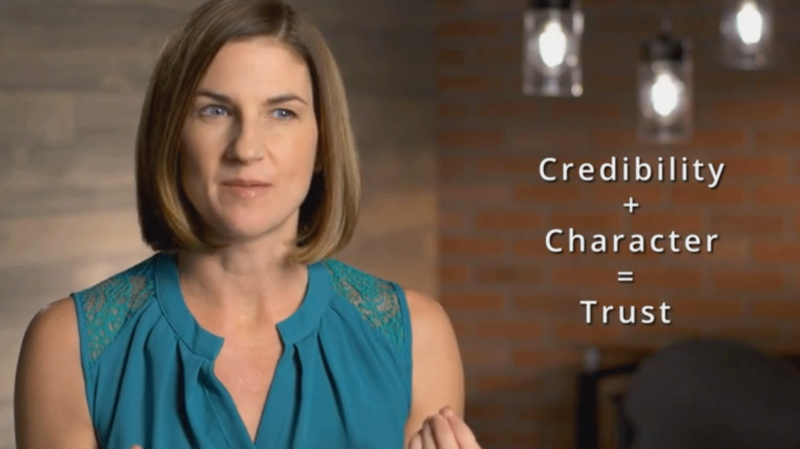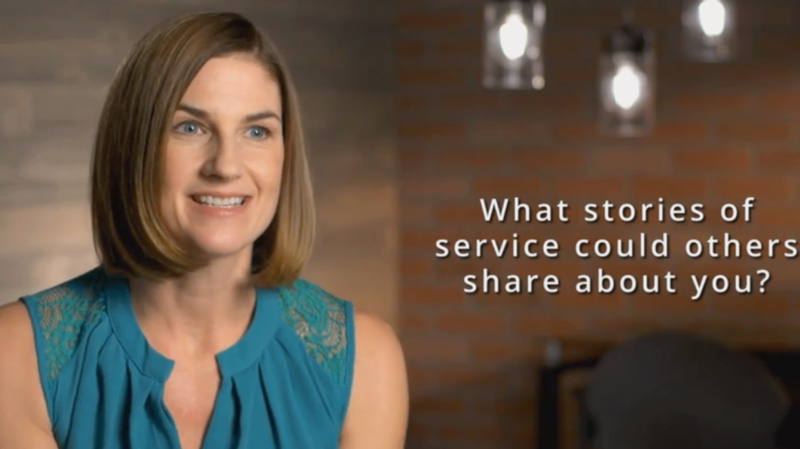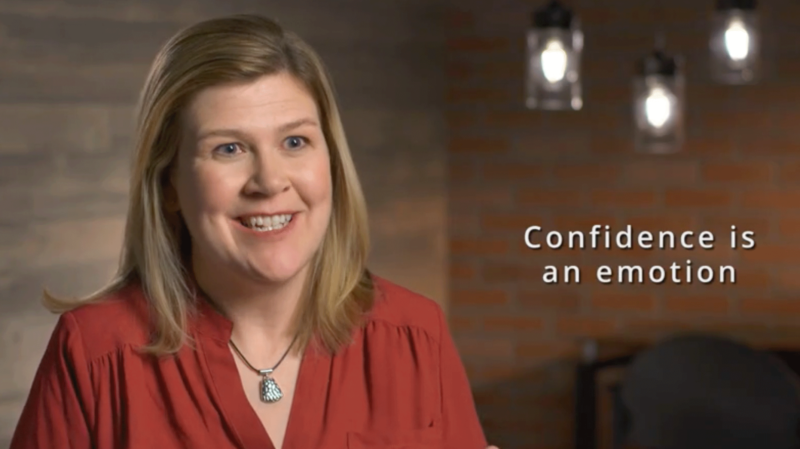Angie: One of the most important things we all need to understand about leadership is that it’s easy to be a leader when things are going great, you know when you’ve got a really good functioning team, revenue for the organization is high, things in your personal life are hitting their stride, it’s easy to be a leader then; it’s easy to influence and inspire, because those are just easy emotions to come by. I’ve always learned though, when leadership is needed most is when things are chaotic and my life has had some periods of chaos, but I think some of the most chaotic times in my life is when it’s more of a combination, when work is stressful, when we need to develop business, when we are bringing new team members on to Lead Star when we are trying to onboard them, and in my personal life I spent more than a decade being the spouse of an active duty Marine, so he would deploy and I still had my things going and it’s in those moments where you feel the need to just act on instinct where you just have to stop. You know it’s that proverbial stop, drop and roll, like what are my instincts telling me to do and what do I need to do differently, when you have to really stop and say, okay, I need to develop my leadership skills here, how I’m acting isn’t going to allow me to be successful I need to really rethink this, be accountable to where I am and get a plan to move forward. So, I rely upon those Spark behaviors that we write about to really help give me a sense of direction when things are a little chaotic and it gives me to, that North Star that I need to follow towards to be more successful.
Sean: The most difficult part of learning leadership is about inserting that pause. So often we just react, and we let our instinctual, conditioned, or habitual reactions happen outside our control. We need to just learn to pause, maybe it’s taking a deep breath and realizing that we’ve got the tools to influence outcomes and inspire and we need to choose one of those tools. In other words, we need to look at our people problems through the lens of leadership rather than just kind of letting ourselves react.
Angie: We really don’t teach leadership in our society, I’ll give you the perfect example, in my fight song at my alma matter, the University of Michigan, there’s a great line in there, “we are leaders and the best.” And I think the assumption in that statement is that if you go to school at this great University, and it is a great University, I’m a huge Wolverine fan, but if you go to school here that it’s going to make you a leader. But the reality is, nowhere in the curriculum, at least this was my undergraduate curriculum at the time, do we learn leadership. Leadership is about behavior. Just because you go to some school or you earn some degree, or you have this managerial job, people think you’re a leader. We don’t teach leadership; therefore, we have this false assumption about what true leadership is.







